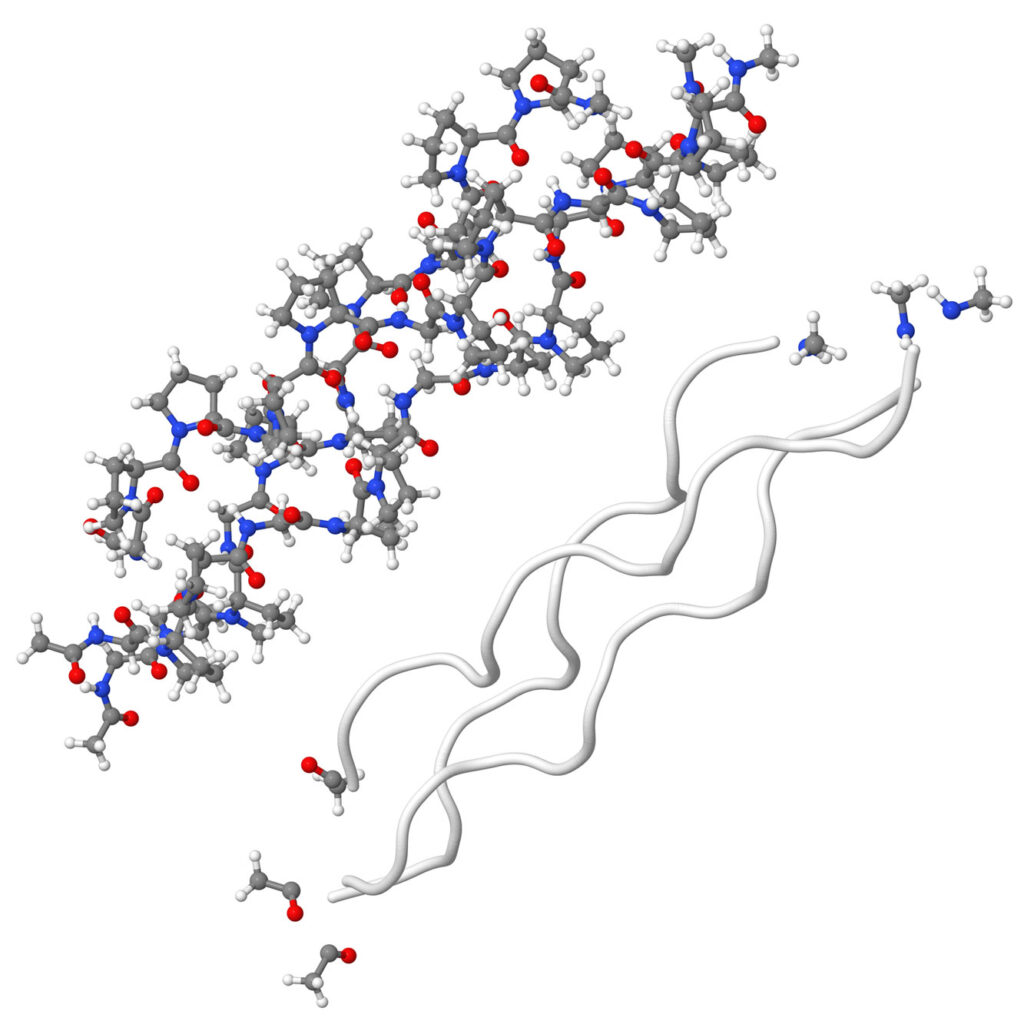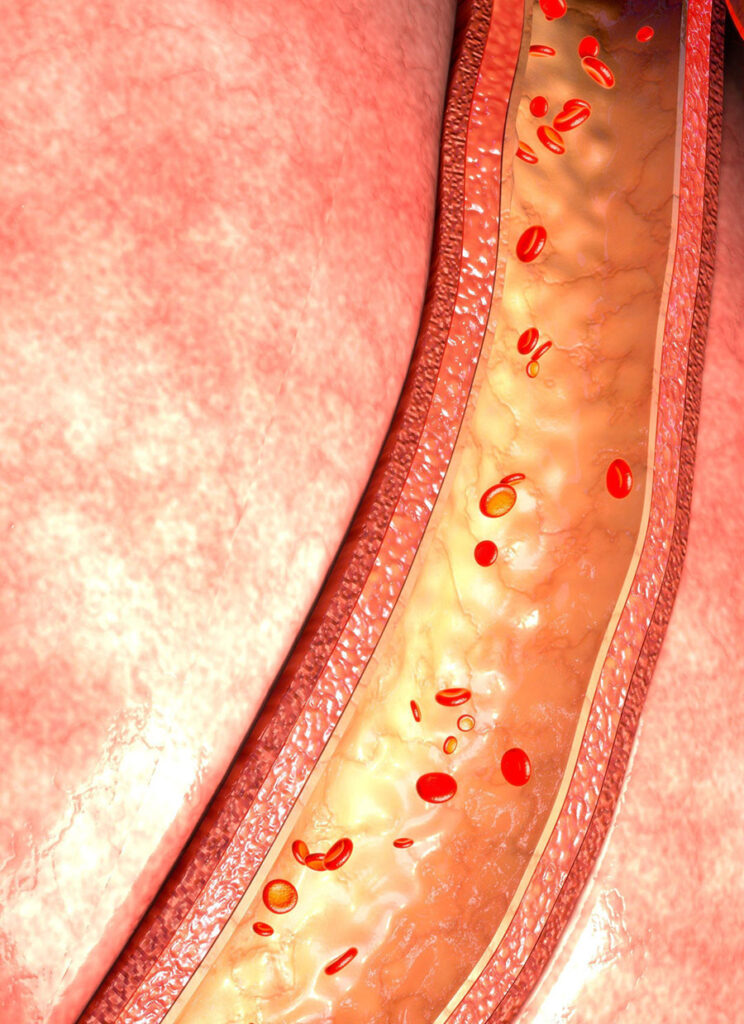Collagen is a vital protein that plays a significant role in the human body, including maintaining healthy skin, muscles, and bones. However, collagen is not only essential for maintaining physical appearances but also for promoting overall cardiovascular health. This article will explore the connection between collagen and cardiovascular health, and how supplementing with collagen can improve heart function and reduce the risk of cardiovascular diseases.
What is Collagen?
Collagen is a protein that is naturally produced in the human body, responsible for maintaining the structure and integrity of various tissues, including skin, bones, cartilage, and blood vessels. It is the most abundant protein in the body, accounting for up to one-third of its total protein content. Collagen is made up of amino acids, primarily glycine, proline, and hydroxyproline, which are key building blocks that help to form the protein’s triple helix structure.


Collagen and Cardiovascular Health
Collagen is an essential component of the blood vessels, including arteries, veins, and capillaries, responsible for carrying blood throughout the body. The protein provides structural support, elasticity, and integrity to the blood vessels, allowing them to function correctly. It helps to keep the arteries flexible and prevent them from becoming stiff or brittle, which can increase the risk of heart disease and stroke.
Collagen and Atherosclerosis
Atherosclerosis is a condition in which plaque builds up inside the arteries, reducing blood flow and increasing the risk of heart attack and stroke. Collagen plays a critical role in preventing atherosclerosis by maintaining the structural integrity of the blood vessels. Research has shown that low collagen levels in the arterial walls can lead to atherosclerosis and cardiovascular diseases. Collagen supplementation has been found to improve arterial stiffness and reduce the risk of atherosclerosis.


Collagen and Blood Pressure
High blood pressure is a significant risk factor for cardiovascular disease, stroke, and kidney disease. Collagen helps to regulate blood pressure by maintaining the elasticity of the arteries and capillaries, which allows blood to flow freely throughout the body. Research has found that supplementing with collagen can lower blood pressure levels in individuals with hypertension, reducing the risk of cardiovascular disease and other related health problems.
Collagen and Heart Function
Collagen is also essential for maintaining the structure and function of the heart muscle. It helps to provide support to the heart and maintain its shape, allowing it to pump blood efficiently. Studies have shown that collagen supplementation can improve heart function and reduce the risk of heart failure in individuals with heart disease.


Collagen Supplements for Cardiovascular Health
Collagen supplements are a popular way to increase collagen levels in the body and promote cardiovascular health. These supplements are typically derived from bovine or marine sources, and come in a variety of forms, including powders, capsules, and gummies. Several studies have demonstrated the beneficial effects of collagen supplements on cardiovascular health. One study published in the Journal of Clinical Nutrition found that daily
supplementation with collagen for six months significantly improved arterial stiffness in healthy adults. Another study published in the Journal of Hypertension found that collagen supplementation lowered blood pressure levels in individuals with hypertension.
For more information on Collagen Refresh™ by WellMe, go here: https://wellme.com/shop/collagenrefresh/
In conclusion, collagen is a critical component of cardiovascular health, playing a key role in maintaining the structure and function of the blood vessels and heart muscle. Collagen supplementation can improve heart function, reduce blood pressure levels, and lower the risk of cardiovascular disease.








